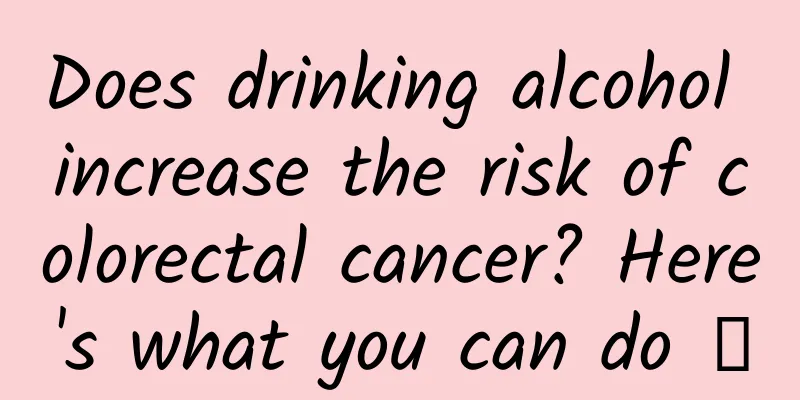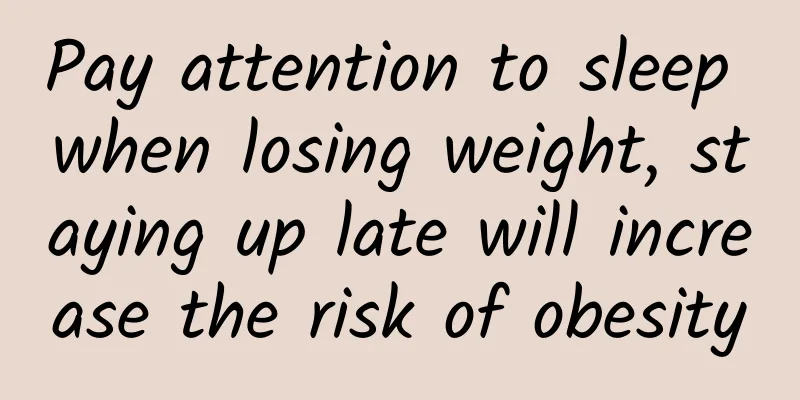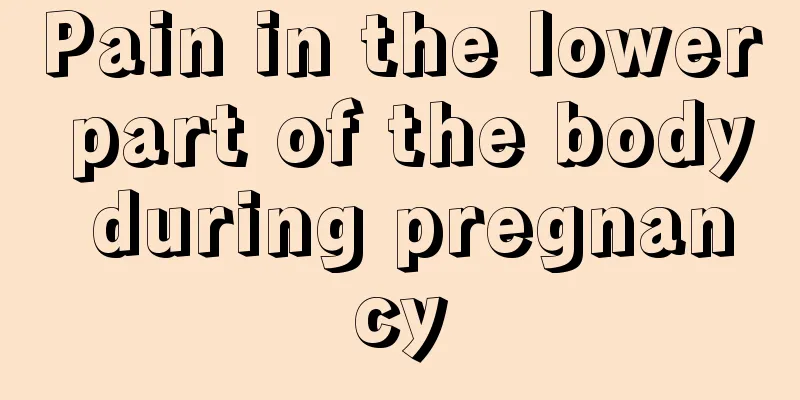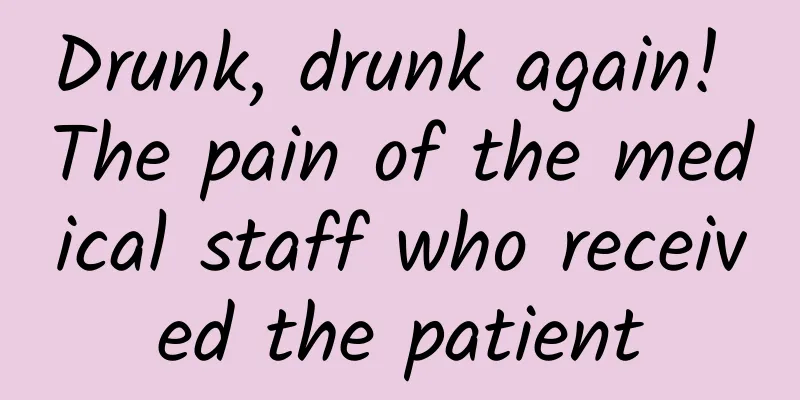Does drinking alcohol increase the risk of colorectal cancer? Here's what you can do →

|
Compiled by: Gong Zixin Colorectal cancer is the third most common cancer worldwide, with an estimated 2 million new cases in 2022. Incidence varies widely, with higher rates in high-income countries and lower but increasing rates in low-income regions. Studies targeting dietary and lifestyle modifications have suggested that modifiable factors play a role in the etiology of colorectal cancer. Despite this, data on how specific dietary components influence colorectal cancer risk are insufficient. Recently, researchers from the Cancer Epidemiology Unit at the University of Oxford and collaborators from international institutions found that there is a positive correlation between alcohol consumption and colorectal cancer, while calcium and dairy-related foods have a protective effect. In this study, published in Nature Communications, the researchers aimed to resolve the uncertainty surrounding the relationship between diet and colorectal cancer using a large-scale dietary analysis. The study involved 1 million female participants in the UK Study who completed a dietary questionnaire detailing their intake of 97 dietary factors. The study recorded data on 542,778 women for an average of 16.6 years, during which time 12,251 women were diagnosed with incident colorectal cancer. This figure shows the results of the Dietary Range Study approach to assess the association between 97 dietary risk factors and colorectal cancer risk A targeted genetic analysis involved data from the Interdisciplinary Study of Colorectal Cancer, the Colon Cancer Family Registry, and the Colorectal Cancer Genetics and Epidemiology Consortium, based on multivariable models adjusted for demographic, lifestyle, and clinical factors. The study adjusted for confounding factors such as body mass index, smoking status, and family history of colorectal cancer. Alcohol and red/processed meat were again listed as carcinogens. Drinking alcohol was associated with an increased risk of colorectal cancer, with each 20 grams of alcohol consumed per day increasing the risk by 15%. Eating red and processed meat was associated with an increased risk, with each additional 30 grams (a slice of bacon) per day increasing the risk by 8%. Why is calcium considered a protective factor against colorectal cancer? This may be due to its role in binding intestinal bile acids and reducing exposure to carcinogens in the colon. An additional 300 mg of calcium intake per day (a glass of milk) is associated with a 17% lower risk of the disease. Milk, yogurt and other foods rich in calcium, magnesium, riboflavin and potassium were also associated with a reduced risk of colorectal cancer. Further analysis showed that calcium was the main factor in these associations. Genetic analysis showed that for every 200 grams of milk consumed per day, the risk of colorectal cancer decreased by 40%. Some grains, fruits, and nutrients have also been linked to a reduced risk of colorectal cancer: Eating 20 grams of whole grains per day (half a slice of whole-wheat bread) was associated with a 10% lower risk Eating 40 grams of breakfast cereal per day (about one serving) was associated with a 7% lower risk An apple a day (containing 5 grams of fiber) can reduce the risk by 8% Adding 200 grams of fruit (about one cup) was associated with a 10% lower risk Eating green leafy vegetables (100 micrograms of folic acid) daily was associated with a 12% lower risk Higher vitamin C intake (100 mg, or the amount in one orange) is associated with a 10% lower risk of colorectal cancer These potentially protective effects were attenuated when other lifestyle and dietary factors were taken into account, as high intakes often overlap with other healthy choices. Sensitivity analyses ruled out reverse causality and revealed consistent results across colorectal cancer subsites (proximal colon, distal colon, rectum). This study suggests that further research is needed to explore the protective mechanisms of calcium and evaluate the health effects of high calcium intake. By adjusting our dietary habits, we may be able to better protect ourselves from the threat of this common cancer. |
Recommend
The following people are not suitable for myopia surgery for the time being
In the clinic, we often encounter students who ar...
What are the clinical manifestations of cervical polyps?
Cervical polyps are a very common gynecological d...
What is the discharge from medical abortion?
As long as women have a normal sexual life, they ...
Babies who love to sleep are not really lazy
The cover image is a copyrighted image. Reprintin...
Should there be a lump in the breast?
The breast is a female's most characteristic ...
There are small bumps on the stomach, which may be skin diseases
The belly is a relatively private part. Although ...
My breasts hurt and are bigger
The phenomenon that the breasts hurt and seem enl...
When raisins are combined with this thing, the beauty effect will be better than shark fin and bird's nest!
Raisins are a common food in our daily life and t...
Is it normal for vaginal discharge to be a little yellow?
If your leucorrhea is stringy, it means that wome...
Cookies? No, it's Hepatitis C!
Author: Niu Xiaoxia, deputy chief nurse of the Fi...
Woman with joint pain
The reason why women experience joint pain all ov...
How much does medical abortion cost?
Some women become pregnant before marriage and do...
Can I eat eel during confinement?
Eel is a food with high nutritional value and can...
What causes stomach pain during the ninth week of pregnancy?
Being a mother is probably the happiest time in e...









